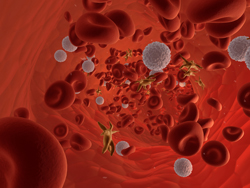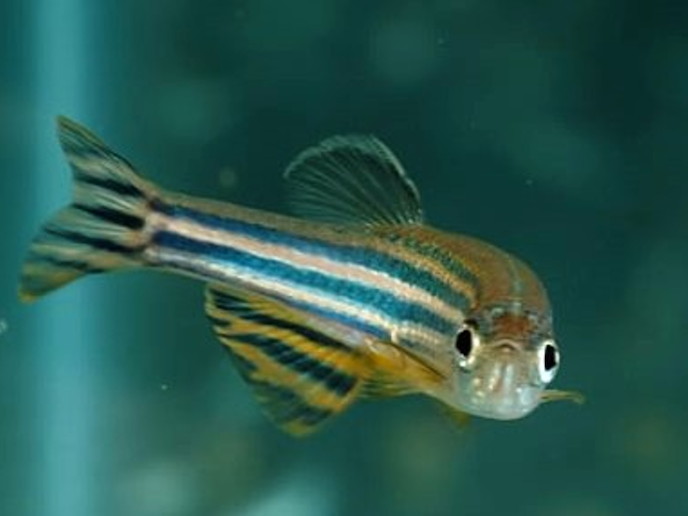Cell interactions unveil the mysteries behind immunity
Enhancing the immunity of the general population has been the dream of many a scientist. Immunity protects people – and mammals in general – against most infections. European scientists are now mapping how the interaction or 'crosstalk' between different innate immune cells strengthens immunity in the early stages of an immune reaction. The EU-funded project 'Innate immunity crosstalk in immunoregulation' (Innate_crosstalk) has been investigating the interactions between natural killer (NK) cells and neutrophils. NK cells are a specific type of white blood cells that combat viral infections and tumours, while neutrophils are the most common type of white blood cells that appear first at the site of an infection. Monitoring the interaction between the two helps in understanding adaptive immune responses and how the body deals with inflammation. Although it is known that NK cells kill specific kinds of cells under certain circumstances, it is important to find out whether NK cells are also toxic to neutrophils, despite both being white blood cells that bolster immunity. After extensive laboratory testing, results revealed that NK cells do indeed have a detrimental effect on neutrophils, although a limited one. Human NK cells killed certain neutrophils in vitro, but only those with innate cell death programming – or apoptosis. Researchers also concluded that NK cells may accelerate neutrophil death through direct cell-cell interactions. Project research also tested how this plays out in vivo, on human skin, not just in the laboratory. Ongoing research beyond the project will almost certainly shed light on the implications of NK-neutrophil interactions and the role they play in reducing inflammation. More laboratory studies through enhanced European collaboration is also set to clarify further how these interactions affect the immune system. The mid- and long-term results are bound to add a piece to the puzzle regarding the adaptive immune response. They may eventually help design better treatment techniques and more intelligent drugs to combat infections and boost immunity.







